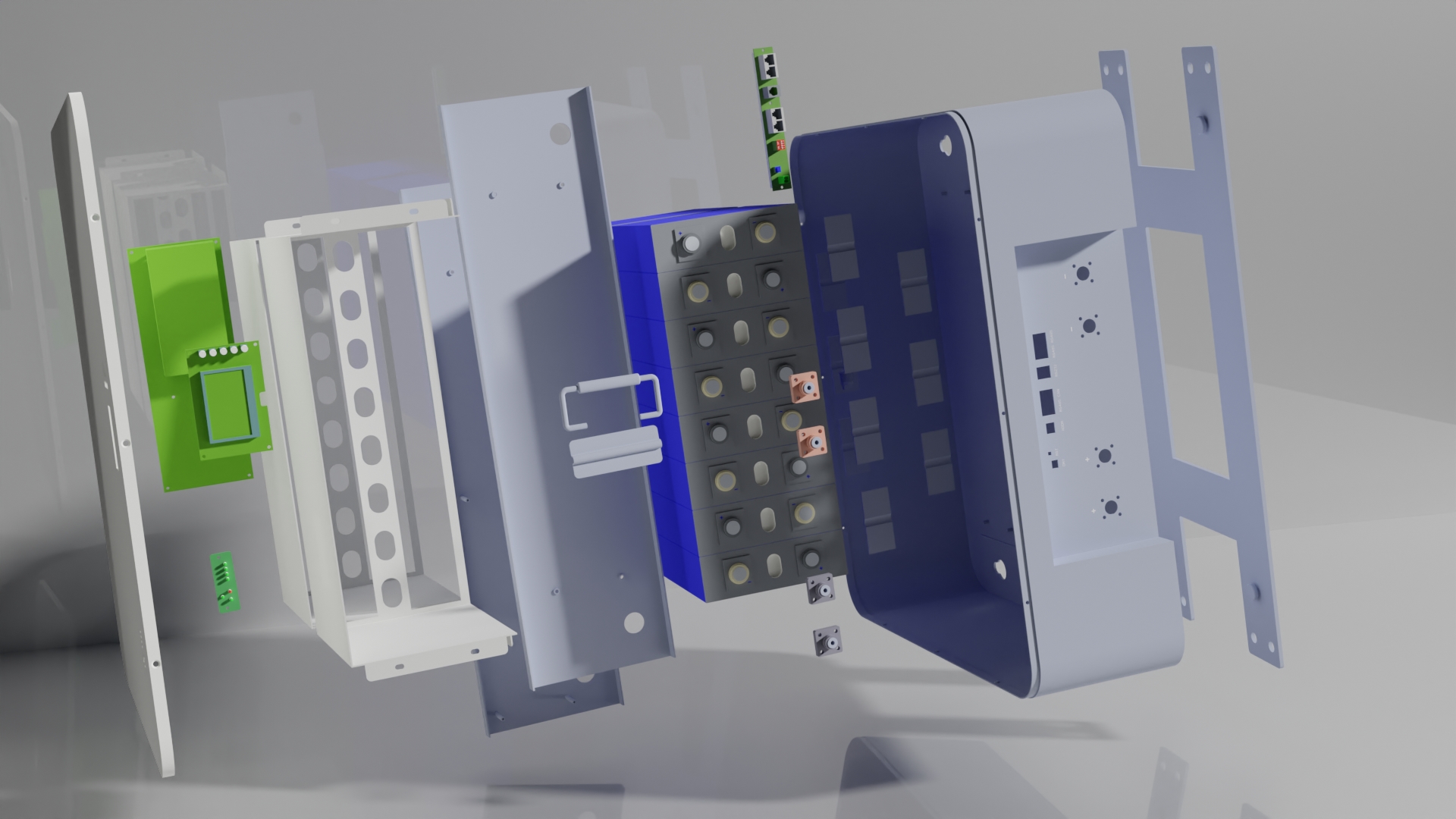We are witnessing a new wave of global battery technology. With that comes an increase in battery-powered vehicles and equipment. Lithium and NiCd batteries are the best on the market in this regard.
A great battery can make your life easy and keep your device running for years.
However, without a good charger, your battery may drain faster than you expect. Unfortunately, the biggest threat to battery life is how users charge it.
Without proper research, you could end up buying bad fees. The good news is that there are multiple options for you to choose from. Read on to learn more.
Amperage
Many users believe that all chargers are created equal. This is not true. When you think along this line, you may not be able to focus on the most important characteristics of a good charger.
You don't need to use the included charger to charge your phone. You can choose the right charger based on the amperage (current measurement). If you do it right, it can be different to continue your day when you sit until the device is fully charged before unplugging it versus continuing to charge it.
Check the amperage of the charger you purchased. Since lithium and nickel cadmium batteries are nearly equal in power, you can or for example use the high current charge made for tablets to charge your phone.
For example, consider charging a Retina iPad mini. In this case, plugging into your computer's Lightning connector via USB provides a good charge. Alternatively, you can still connect to an iPhone charger connected to a wall outlet and the results will still be great.
Technically, PC USB chargers don't draw more than 5 watts. On the other hand, the Retina iPad mini charger provides twice as much power.
In short, a USB charger connected to a computer will make the iPad charge four times slower. But iPad charging runs faster on your iPhone. Note that none of these chargers will affect your device.
Amperage indicates how fast or slow your charger is powering your device. If you need a charger to charge faster, keep an eye on this factor. So your device charging speed must be one of the first things you should keep in mind.
temperature

Elevated temperatures not only threaten the life of your battery, but you as well. That's why the No. 1 battery swelled and even caught fire.
Many experts recommend that you put your battery-charging device in a fireproof container. You can continue with other activities without any worries.
Unfortunately, lithium batteries are prone to explosion. They may be the most advanced in battery chemistry, but this factor should be a serious concern.
Overheating is usually caused by a bad charger or the environment. Therefore, it is imperative that they use the correct charger in a cool, dry environment.
Charger Type
There are many types of chargers in the world today. There are general functions with computerized functions and without any special functions. Some chargers work with specific batteries. While lithium batteries are not particularly sensitive to the type of charge, it's still important to check the settings.
Voltage
Cells and battery packs are designed with specific voltages. Three important voltage measures need to be considered:
· Q. You can call it the safe voltage of the battery. It's neither high nor low, and is what manufacturers use when comparing products.
· Full voltage. This is a parameter to pay attention to when charging. This is the specified maximum voltage your battery should reach. Experts believe that charging beyond this voltage affects the battery's ability to hold a charge (lifetime).
· Discharge voltage. This is the lowest value your battery can reach. It's important to be aware of this because if you charge a deeply discharged lithium battery, you're putting your life at risk.
normal charge
Battery packs, especially electric vehicles, need to be recharged in a timely manner. For example, batteries that have not been used for more than two months should be fully charged before use.
Beyond that, consider the proper charging method: connect the charger to the battery pack first, then to the power source. Check for a red light indicator showing normal charging, if you don't see it, disconnect it.
In most cases, the charger comes with the device. The iPad or smartphone will come with the designated charger.
Meanwhile, some chargers are designed for specific battery types. For example, you can get a charger made for lithium battery packs that cannot be used with any other type of battery.
The good news is that there are a wide variety of chargers on the market that are easily available through online channels. You will never miss picking the right battery for your battery. While most chargers will work with different batteries, it's best to choose one that meets the specs.
As mentioned above, there is a charger for each battery type. Many users have asked if it is possible to use NiCD chargers for Lithium batteries.
The simplest answer is, stay away from the charger! There are many examples online of lithium batteries catching fire and destroying houses because of improper chargers.
NiCD chargers are designed to push 1.2-1.4V to charge the battery. On the other hand, you need a charger that can supply 3.6-4.6V for Li-ion batteries. This means that using a NiCD charger will only discharge the battery.
is the summary:
· Charger not working
· Deep discharge may destroy your lithium battery. In this case, restoring it would be a dangerous thing.
· If you must use it, make sure you have comprehensive home/contents insurance. Apart from that,
keep away!
